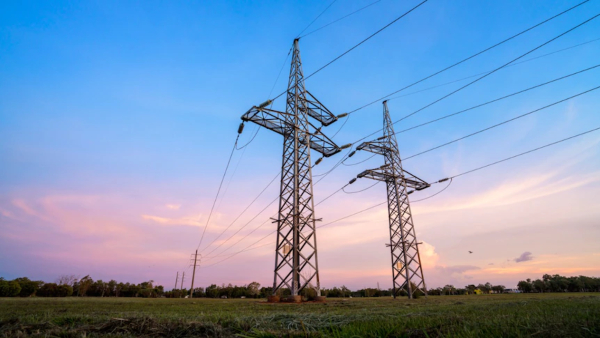Electricity tariffs, which are inching up in some states, are expected to rise further in the year ahead as power producers pass on the costs of expensive imported coal and a longer route to transport coal. Following the coal crisis in September-October 2021 and April-May 2022, the Union power ministry earlier this year directed all power generation companies to blend imported coal up to 6% of their requirement till September. Besides, the use of the rail-ship-rail route to transport coal from the coal-rich eastern states to the user plants in western India has also increased costs.
“With the purchase of more coal (both domestic and import) and the new RSR (rail-ship-rail) route, the net cost of power generation may increase around 40 paise per kilowatt hour (kWh),” a top executive at a thermal power generation company said on condition of anonymity.
Several states have already come up with new tariff orders for FY24, and some of them have raised tariffs. However, with the likely increase in power generation expenses, tariffs may be raised further during the year.
The executive cited above, however, noted that since generating companies already had some imported coal stocked up since last year and domestic coal stocks at the start of this year were already higher than at the start of FY23, the increase in expenses on imports may not be as high as seen last fiscal.
“For inland power projects which are not near the coast, the blending of 6% imported coal may result in a 25-35 paise per kWh at the generation level,” said Vikram V., vice president and sector head of corporate ratings at ICRA Ltd.
The blending mandate may further impact the finances of power generators, which have not yet recovered the costs of last year’s expensive coal imports. Analysts noted that although global coal prices are down from last year’s highs, they are still high compared to the prices a few years ago.
Sudhir Kumar, director of CareEdge Ratings, said: “Blending of imported coal would increase the variable cost of power generation. Imported coal was somewhere around $60 per tonne three years back, and now it is in the range of $140-150 per tonne. Last year, it had touched $400 per tonne.”
The new RSR route proposed to avoid rail congestion and rake shortage also costs more and takes longer. Under this, coal from the mines in Odisha and other coal-rich states is transported first by rail to ports, then via ships to the west coast, and from there by rail to the thermal plants in the northern states of Punjab, Rajasthan and Uttar Pradesh. The RSR route to North Indian states takes up to 15 days against 4 to 5 days via rail alone. The time lag would be witnessed in the first shipment, and if supply continues regularly, the time lag would reduce and would not impact supplies…. Read More
Source By: livemint










